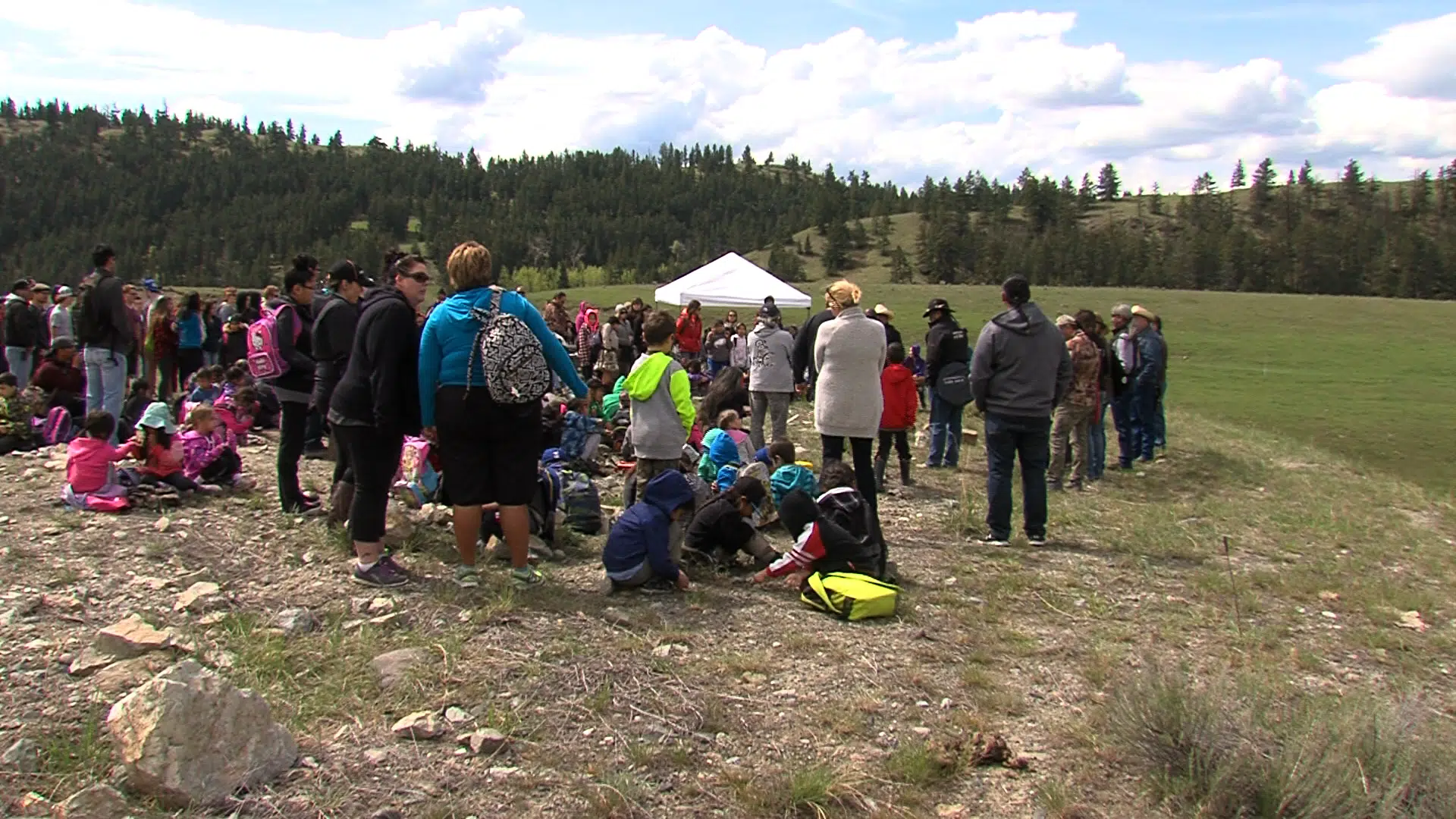
Secwepemc Nation shows off importance of Jacko Lake
KAMLOOPS — The land around Jacko Lake is sacred territory for the Secwepemc people, who rely on the land to this day for survival.
“This land is one of the first areas in spring that we come to to get our first proteins of fish, our medicine, our plants. All of that is important to us,” says Skeetchestn Indian Band Chief Ron Ignace.
Ignace and many other First Nation chiefs in the region came together on Wednesday, welcoming students and other visitors who got a sense of the area and its importance to the Secwepemc people.


